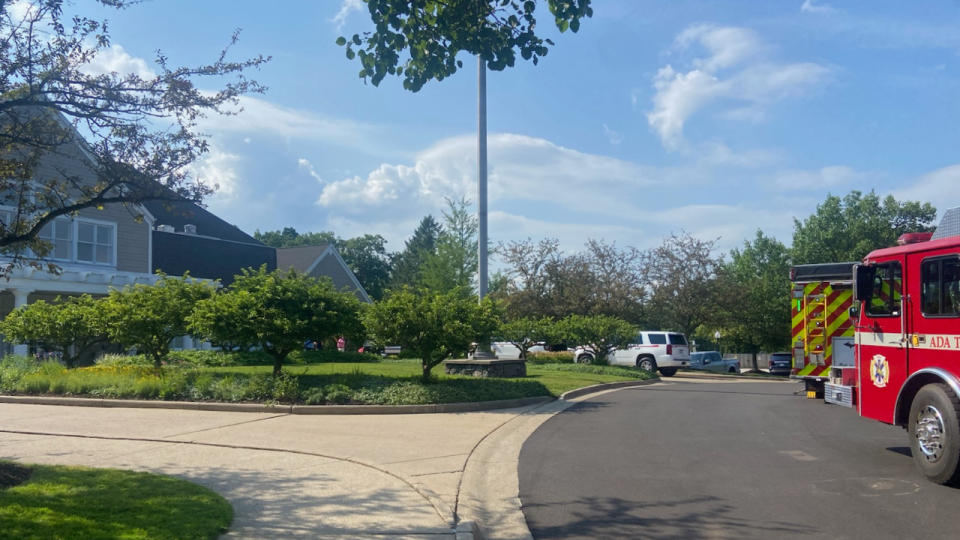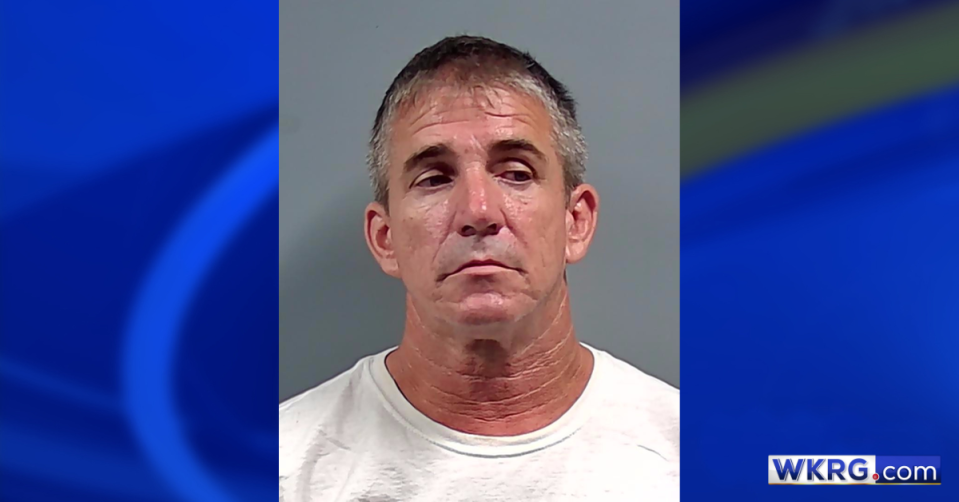Mar. 1—Nightclub singer Eddie Herring, 35, and his wife, Sharon, 26, were killed by shotgun blasts in their Dayton home on Feb. 3, 1973.
After a short investigation, Dayton police were unable to find the identity of the murderer, and the case remains unsolved.
Here’s what happened more than 50 years ago:
Who was Eddie Herring?
Eddie Herring started singing in Dayton clubs at the age of 13, after finishing first in a local talent show. His first vocal group was “The Sultans.”
He attended Dunbar High School and quit school at 16 to work as a singer full time.
He was known as a “soft but versatile tenor. who sang everything from jazz and pop ballads to semi-classical songs,” according to a 1967 Dayton Daily News article written about him.
Herring received offers to join several musical groups through the years. A popular group, The Dominoes, had an opening that Herring applied for, and he got the job. He toured all over the country and to several countries with them over the course of two years.
In 1962, he went to the Far East with the Dominoes, singing in private clubs and performing for the military.
Without any formal vocal training, Herring considered Dominoes leader Bill Ward to be his a mentor, once saying: “Ward taught me things I didn’t know … He taught me to read (music) a little. He helped me with my breathing — just a lot of those little things a singer needs.”
He quit the group after meeting Sharon and wanting to be home with his family.
Eddie and Sharon were married in 1964 and had a 6-year-old daughter, Denise. Eddie also had three other children from a previous relationship.
In 1965 he released an album, “Eddie Herring Sings for You,” that sold well.
Local Dayton act
Eddie Herring became a well-known local entertainer and at the time of his death was working at Betty Greenwood’s Cascade nightclub six nights a week on Salem Avenue.
According to a Dayton Daily News reporter, “It was, for a time, the swingingest club in town, offering almost continuous entertainment.”
“There’s no doubt in my mind that Eddie Herring was the greatest singer in this town. He had such quality, such control,” Greenwood once said.
Bobbie Gordon, another singer at the club, said she knew Herring for 20 years.
“I don’t know why anyone would kill Eddie,” she said. “He had a beautiful, sweet voice. Eddie was a very talented musician. He had a chance for the big-time, but he got tired of the road. He’d rather be home,” she said.
Herring acknowledged he made a choice to return to Dayton.
“So, I gave up the big time,” he once said. “I think I’ve got the big time right here. A great job, a terrific boss and a wonderful family. Most of all, happiness. What else is there in life?”
The suspect
A “tall, skinny white man,” wearing a black coat and hat came to the Herring home on that February 1973 day at about noon, apparently carrying a 12-gauge shotgun.
Herring allowed the man to enter the home and sat down to talk to him in the living room.
Eddie and Sharon’s daughter told police they were in the living room when the man arrived.
Daughter is spared, shares information
Their daughter told police she was told to go to the bedroom shortly after the man arrived. She said her mother came into the bedroom soon after. The girl said she was told by her mother to go out “and tell daddy something,” but she didn’t do it.
She said her mother then went back into the living room where the two men were.
Eddie fired four times with a .25-caliber handgun, but apparently did not hit the gunman.
Sharon was braced against the bedroom door trying to keep the gunman out when he fired through the door, hitting Sharon in the chest.
Their daughter reported that “the man pushed open the door, looked down at mother, smiled and went away.”
After the killer left, their daughter removed the window screen, crawled out and ran to a neighbor’s house. That neighbor called the police.
Dayton Police Sgt. Jerry Emmons said at the time that he couldn’t explain why Denise was spared.
“It’s just a miracle,” he said.
No leads or motives
When police arrived, they found the .25-caliber revolver near Herring’s body with four spent cartridges. There were no indications that Herring’s shots struck the killer.
Car keys were found near Herring’s hand, indicating he may have been ready to leave when the murderer came to the house.
On the porch, police found an unfired .22-caliber bullet. It was not determined if it was connected to the crime.
Police and family friends were puzzled about any possible motive for the killing.
Dayton officers were told by the Oakwood Police Department that Herring had been involved in a shooting incident there the previous year, but the suspect did not match the description.
Police combed the neighborhood for evidence twice on the day of the murder but said they had no suspects.
Two days after the murders, Emmons said there were still no good leads and no known motive in the slaying.
“We are spending Monday interviewing all those who knew and may have been in contact with Herring. We want as much background information as possible,” he said.
That was the last time that any Dayton area newspapers reported on the case, which remains unsolved. The case continues to be listed in the Ohio Attorney General’s database of unsolved homicides in Ohio.
Signup bonus from




